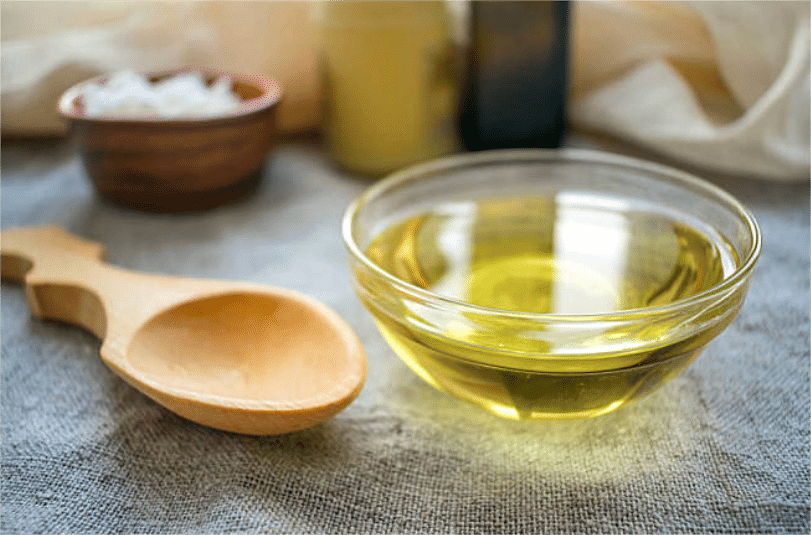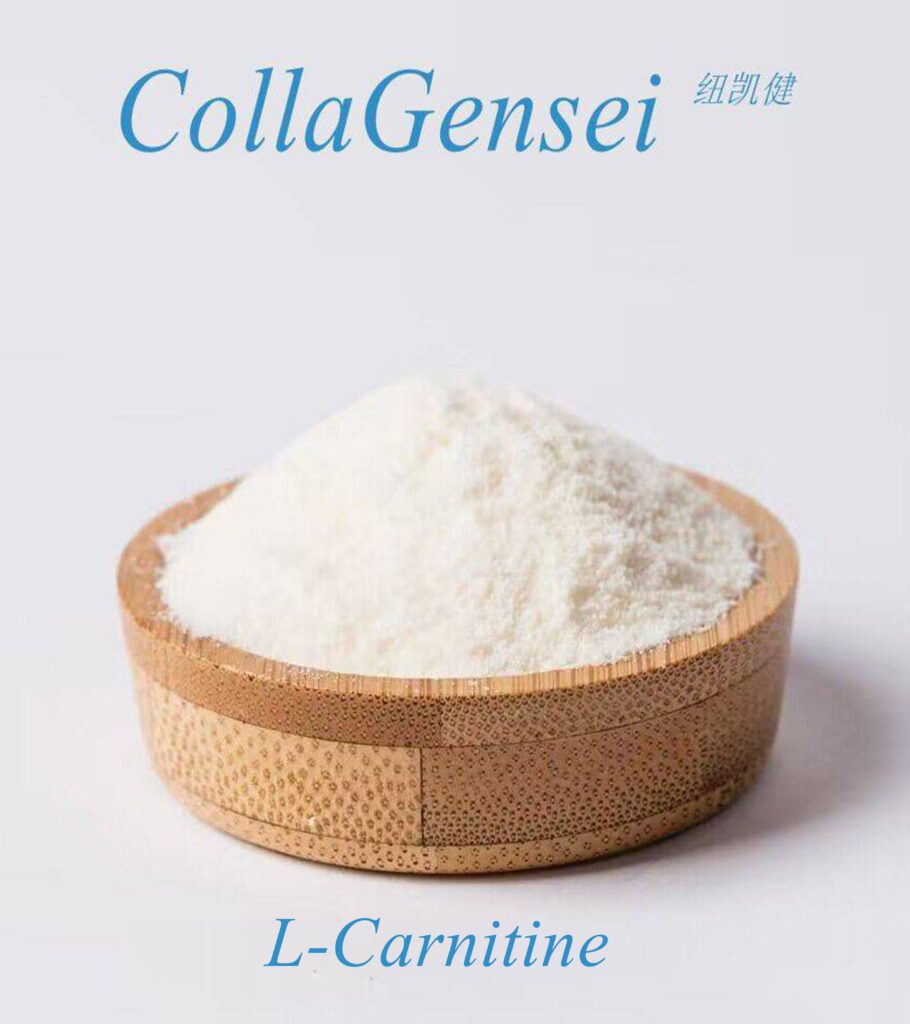In the growing landscape of nutritional supplements and health foods, pea protein and collagen have emerged as prominent choices, each offering distinct benefits and applications. Understanding their differences and similarities can help you make an informed decision based on your health goals and dietary preferences. This article provides a detailed comparison of pea protein and collagen, exploring their sources, nutritional profiles, health benefits, and uses.
- Sources and Production
Pea protein is extracted from yellow split peas (Pisum sativum). The production process involves milling the peas into a fine powder, which is then processed to remove starch and fiber, leaving a concentrated protein powder. This protein powder is typically around 80-85% protein by weight. Pea protein is a plant-based option known for its hypoallergenic properties, making it suitable for a wide range of dietary needs, including those with dairy, soy, or gluten allergies.
Collagen is a structural protein in connective tissues, including skin, bones, and cartilage. It is derived from animal sources, with common types including bovine (from cows), porcine (from pigs), and marine (from fish). The production of collagen involves extracting and hydrolyzing the connective tissues or bones to break down collagen into smaller, more digestible peptides. These hydrolyzed collagen peptides are used in supplements and are known for their high bioavailability and potential health benefits.
- Nutritional Profile
Pea Protein
Pea protein is a complete protein containing all nine essential amino acids that the body cannot synthesize independently. It is rich in lysine, an amino acid often limited in other plant proteins. However, it is relatively low in methionine, another essential amino acid. Pea protein’s amino acid profile supports muscle growth, repair, and overall health.
Pea protein digestibility-corrected amino acid score (PDCAAS) is approximately 0.82, lower than some animal-based proteins but still considered high quality. Pea protein also provides branched-chain amino acids (BCAAs) like leucine, isoleucine, and valine, essential for muscle development and recovery. Additionally, pea protein is low in fat and carbohydrates, making it suitable for low-carb and low-fat diets.
Collagen
Collagen, specifically hydrolyzed collagen, comprises glycine, proline, and hydroxyproline amino acids. Unlike pea protein, collagen does not provide a complete amino acid profile. Instead, its value lies in its unique amino acid composition, which supports the health of connective tissues. Collagen is known for maintaining skin elasticity, joint health, and overall structural integrity of connective tissues.
Collagen peptides are not a complete protein source and do not offer the full spectrum of essential amino acids. However, they are highly bioavailable and can be efficiently used by the body for specific purposes related to skin, joints, and connective tissues.
- Digestibility and Absorption
Pea Protein
Pea protein is generally well-digested and absorbed by most individuals. It is less likely to cause gastrointestinal issues than other protein sources, such as dairy or soy. Pea protein’s hypoallergenic nature suits those with food sensitivities or allergies. Its digestibility and absorption are comparable to other plant-based proteins, making it a good choice for those seeking a gentle protein source.
Collagen
Collagen peptides are highly digestible and quickly absorbed due to their hydrolyzed form. This process breaks down the collagen into smaller peptides that the body can utilize. Its high bioavailability ensures that the peptides efficiently support joint health, skin elasticity, and connective tissue repair. This makes collagen an effective supplement for targeted health benefits related to skin and joints.
- Health Benefits
Pea Protein
Pea protein is valued for its high protein content and its role in supporting muscle growth and recovery. It provides a good source of essential amino acids and BCAAs, benefiting athletes and fitness enthusiasts. Pea protein also supports satiety, which can aid in weight management by helping to control appetite.
In addition to its role in muscle health, pea protein is also known for its versatility. It can be used in various food products, including protein powders, meal replacements, and plant-based meat alternatives. Its hypoallergenic properties make it suitable for a wide range of dietary needs.
Collagen
Collagen is renowned for its benefits related to skin health, joint function, and connective tissue repair. Supplementing with collagen may improve skin elasticity, reduce wrinkles, and support overall skin hydration. It also benefits joint health, potentially reducing pain and stiffness associated with osteoarthritis and promoting cartilage repair.
Collagen’s specific amino acid profile supports the integrity of connective tissues, making it a popular choice for those looking to improve joint health, skin appearance, and overall connective tissue function. While it does not contribute to muscle growth in the same way as pea protein, its benefits for skin and joints are well-documented.
- Applications and Uses
Pea Protein
Pea protein is widely used in various food and supplement products. It is a common ingredient in plant-based protein powders, meal replacements, protein bars, and vegan meat alternatives. Its versatility allows it easily incorporated into smoothies, baked goods, and savory dishes.
Pea protein is viral among vegetarians, vegans, and those with dietary restrictions due to its plant-based origin and hypoallergenic properties. It is used in fitness and general nutrition to support muscle growth, recovery, and overall health.
Collagen
Collagen is typically available in supplement form, including powders, capsules, and tablets. It is often marketed for specific health benefits, such as joint health, skincare, and anti-aging. Collagen supplements can be taken daily to support joint function, improve skin appearance, and enhance connective tissue repair.
Collagen is combined with other supplements, such as glucosamine and chondroitin, to provide a comprehensive approach to joint health. Its applications primarily focus on skin and joint health rather than general protein supplementation.
- Environmental and Ethical Considerations
Pea Protein
Pea protein is considered an environmentally friendly option due to its lower water and fertilizer requirements than many other crops. The cultivation of peas also contributes to soil health by fixing nitrogen, which reduces the need for synthetic fertilizers. This makes pea protein a sustainable choice for those concerned about environmental impact.
Additionally, pea protein’s plant-based nature aligns with ethical considerations related to animal welfare and factory farming. Its hypoallergenic properties and sustainability make it a favorable choice for environmentally conscious consumers.
Collagen
The production of collagen involves animal sources, raising ethical concerns related to animal welfare. Collagen is derived from animal connective tissues or bones. While using by-products from the meat industry can be seen as a way to utilize parts that might otherwise be discarded, some consumers may be concerned about the ethical implications of animal-based supplements.
The environmental impact of collagen production can vary depending on sourcing and manufacturing practices. For those who prioritize plant-based and sustainable options, collagen may not align with their values.
Conclusion
Pea protein and collagen offer unique benefits and cater to different health needs. Pea protein is a high-quality plant-based protein source that supports muscle growth, recovery, and overall health. Its hypoallergenic properties and versatility make it suitable for various dietary preferences.
Collagen, particularly hydrolyzed collagen, is valued for its specific benefits related to skin health, joint function, and connective tissue repair. Its high bioavailability and targeted effects make it a popular choice for improving skin appearance and joint health.
When choosing between pea protein and collagen, consider factors such as dietary preferences, health goals, and environmental and ethical considerations. Both supplements have their merits, and the best choice will depend on individual needs and values. Understanding the unique attributes of each option will help you make an informed decision that aligns with your health and wellness objectives.



